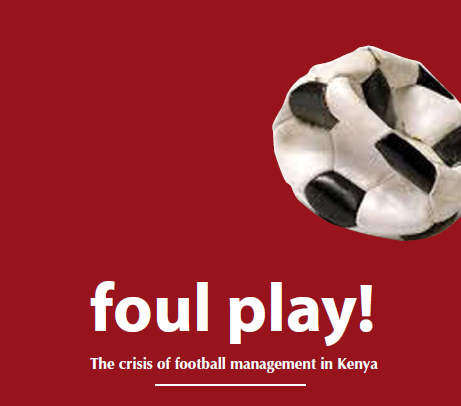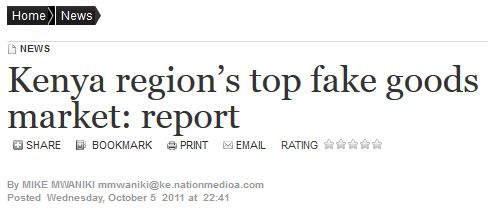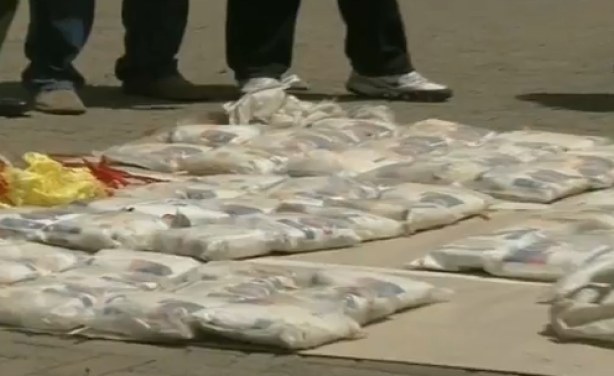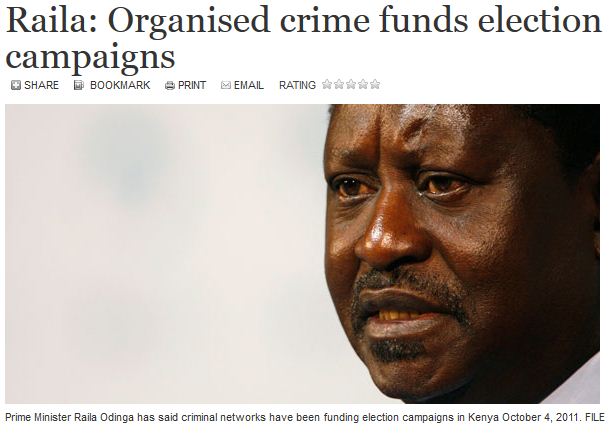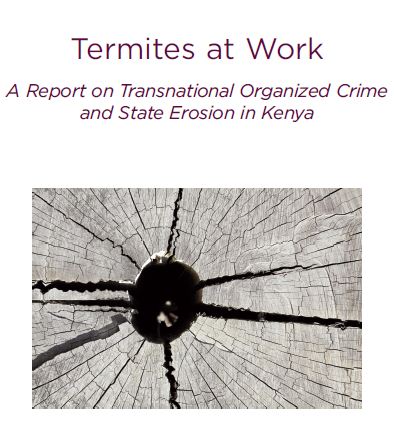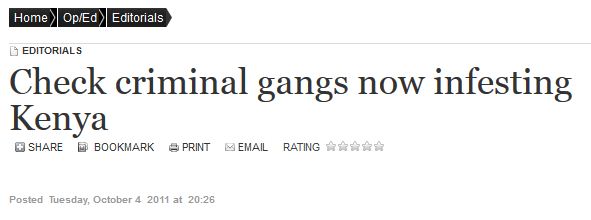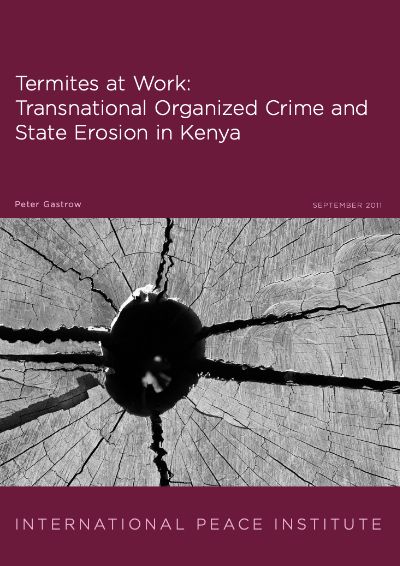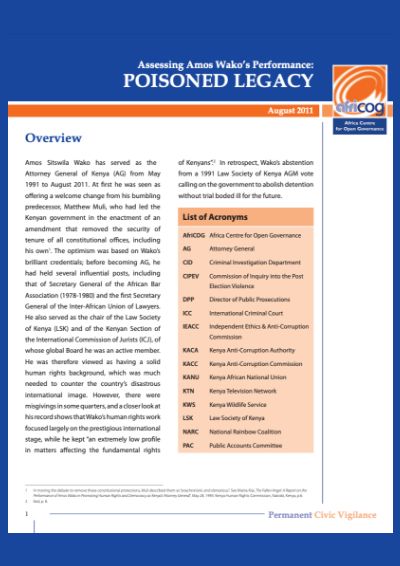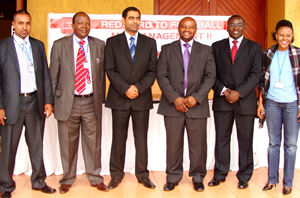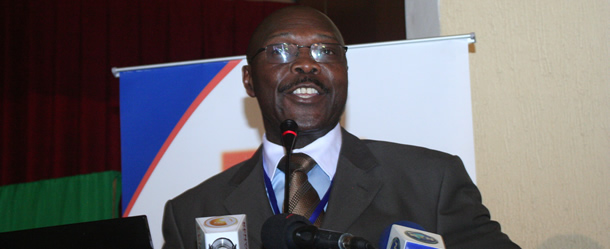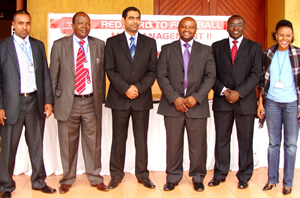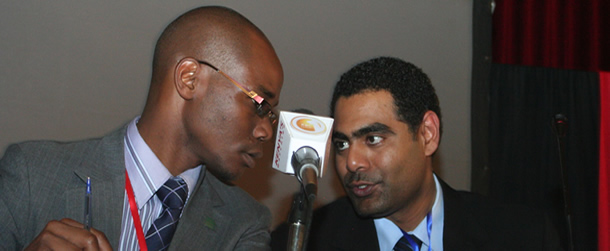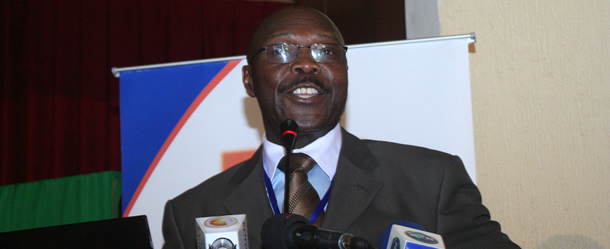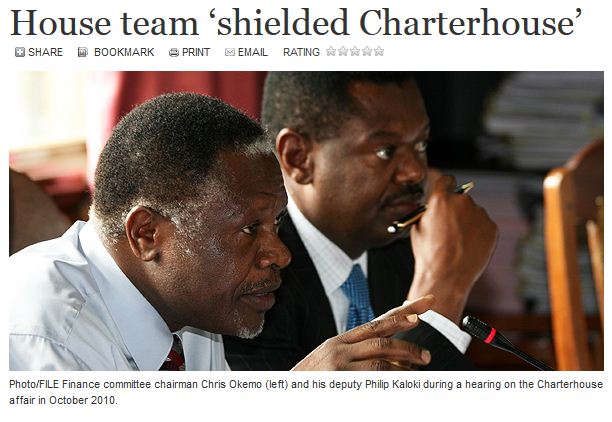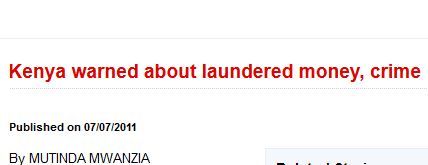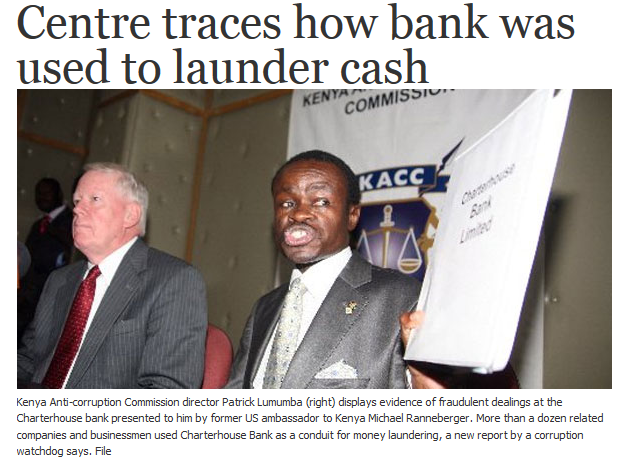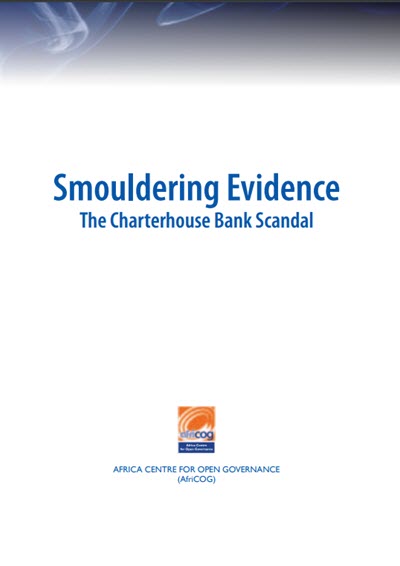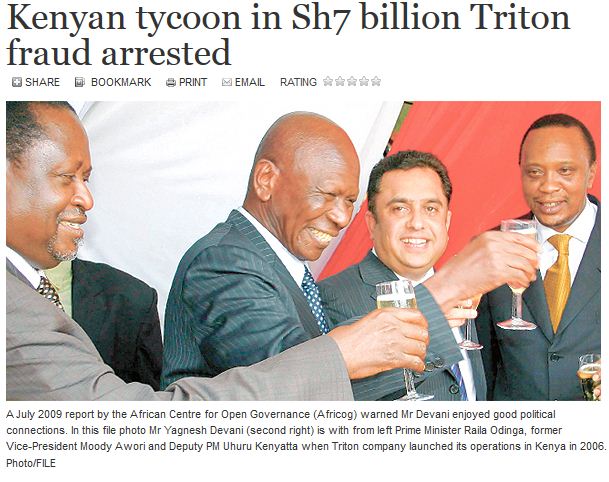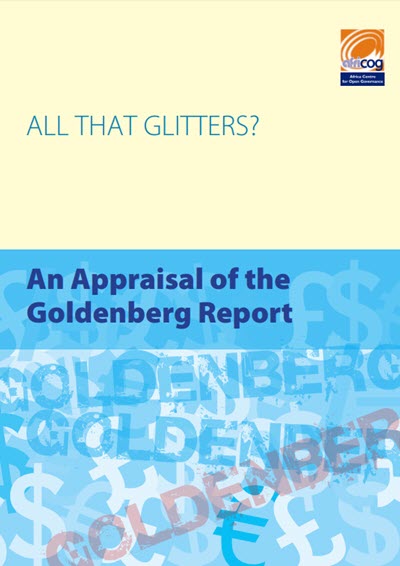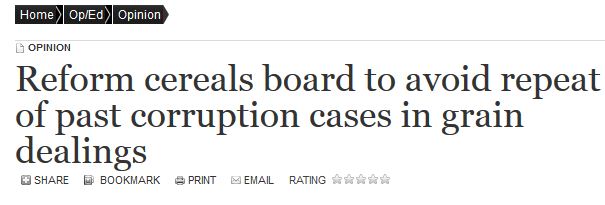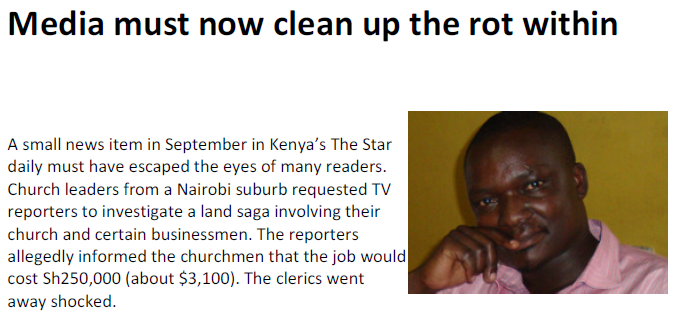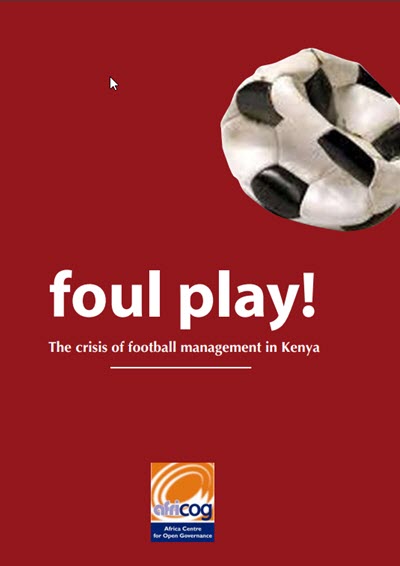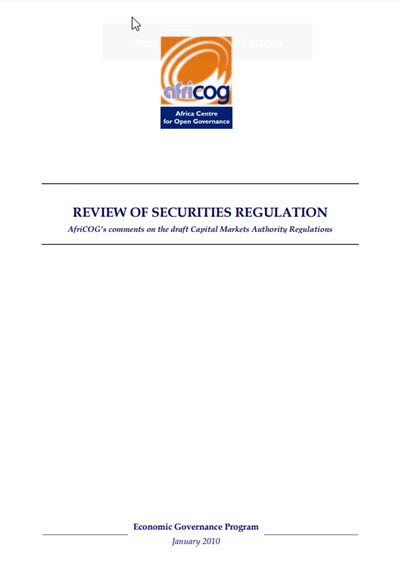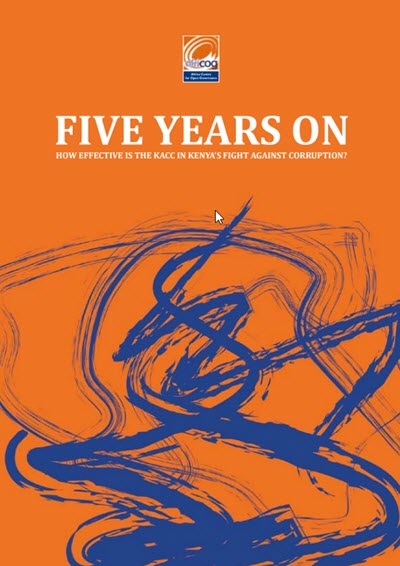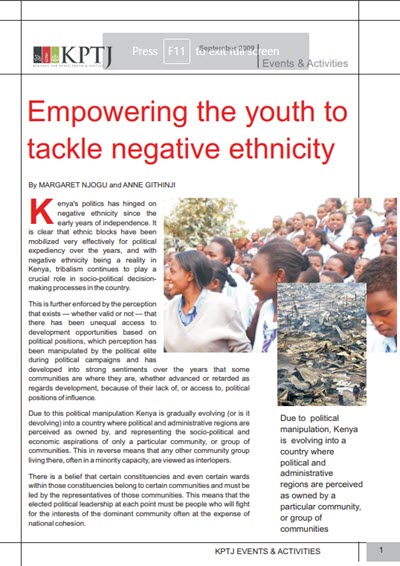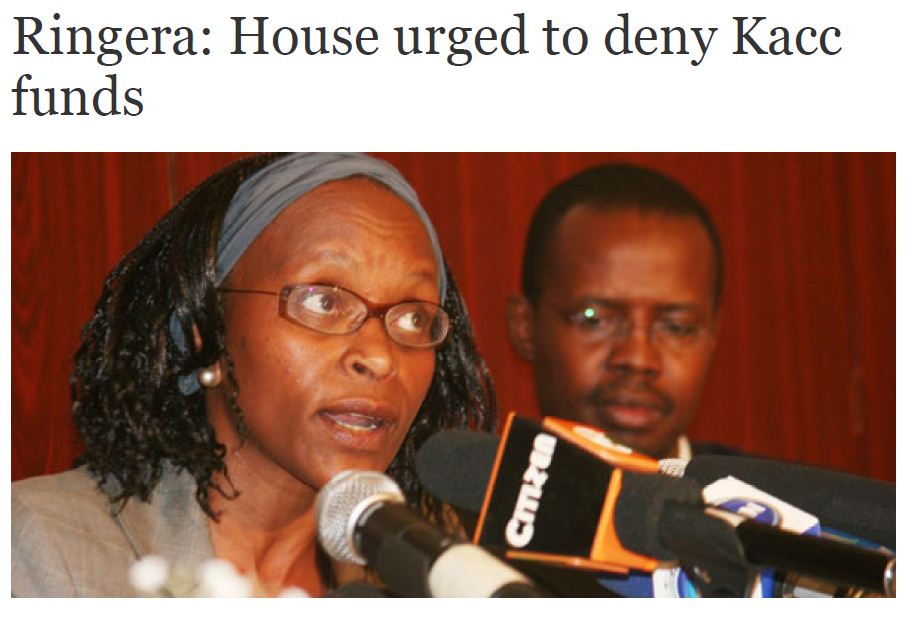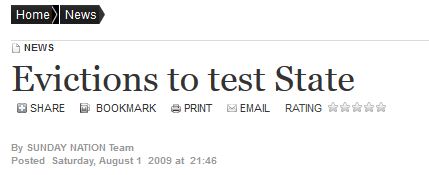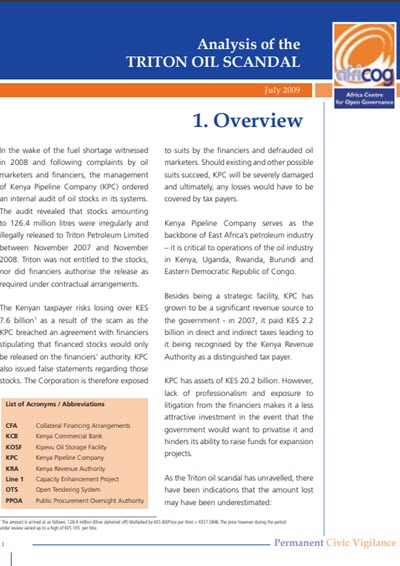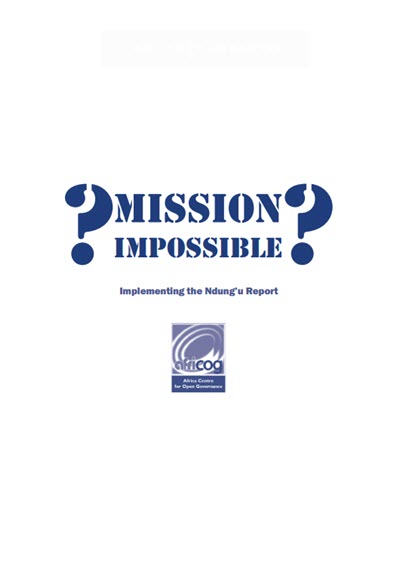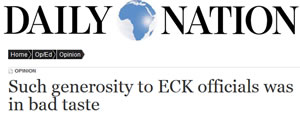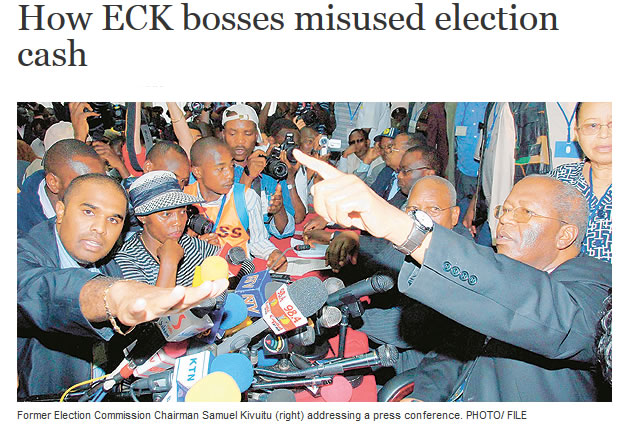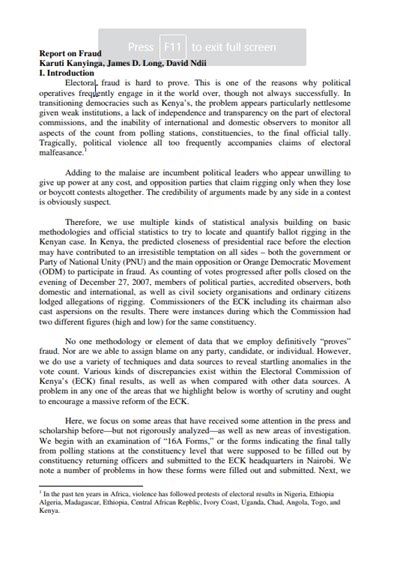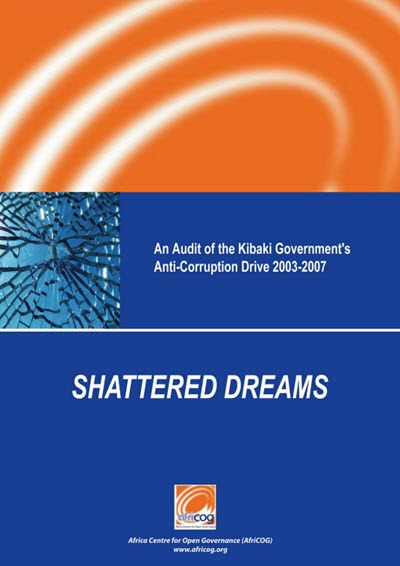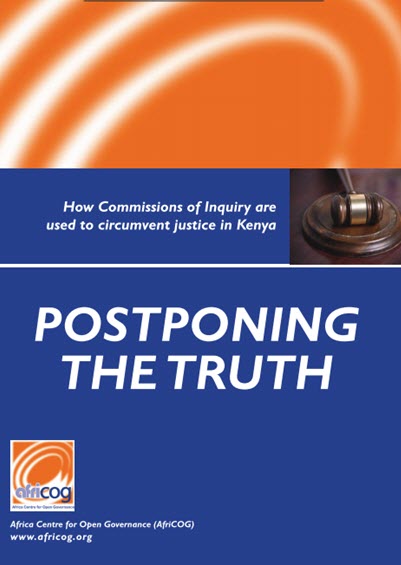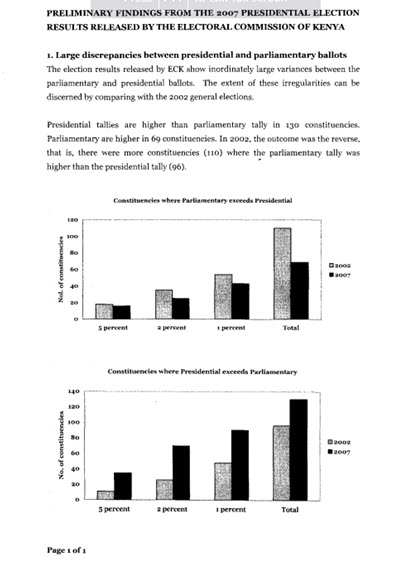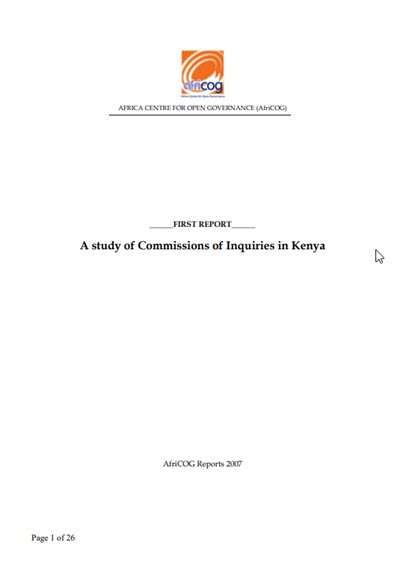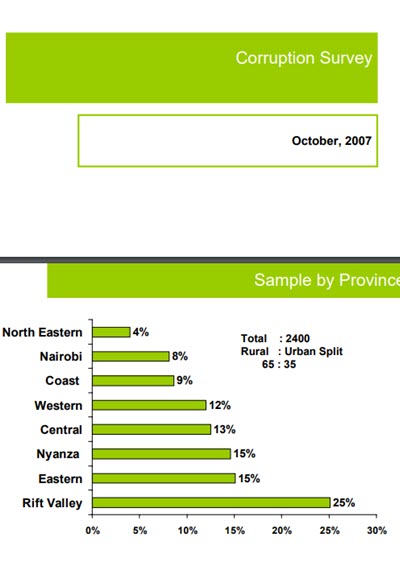FAIR Website – February 7, 2012 – FAIR member selected for AfriCOG Investigative Journalism Fellowship 2012
The Africa Centre for Open Governance (AfriCOG) congratulates Anthony Nyandiek, Production Manager at Safari Africa Radio; Jevans Miyungu, Business Writer at Standard Media Group aand Ken Opala, Correspondent at Nation Media Group for being selected to participate in the second phase of its Investigative Journalism Fellowship Programme. The three fellows have chosen to conduct their research topics on specific areas that fall under the themes of regulatory failures and misuse of public resources.
In October and November 2011, calls for applications were advertised in the local press, the AfriCOG website, media listserv’s, notice boards and selected social media sites. Interested applicants were asked to submit a fellowship application form, curriculum vitae and references. Out of this process, 125 applications were submitted by local and internationally based journalists, and a rigorous vetting process conducted by a selection committee membership whose expertise spans Kenya’s media/communication industry.
The fellowship award includes financial and technical support. The selected fellows will work closely with their respective line editors and the fellowship advisor, an experienced journalist, who will guide them in conceptualizing, developing and implementing their investigative concepts and work. Peer-review workshops will also be conducted to evaluate the progress of each fellow’s work. Additionally, a training seminar will be hosted through partnership with a well-established and respected media development company in Nairobi.
The fellows have chosen to conduct their research topics on specific areas that fall under the themes of regulatory failures and misuse of public resources.
Anthony Nyandiek’s fellowship topic will shed light on the accountability processes at the Mombasa Port and illustrate how this is affecting the country economically and socially. Anthony will produce a two-part radio talk show interviewing selected principal actors and stakeholders in the Port business which are planned to be aired frequently by Safari Africa Radio. Anthony will also write an Investigative article that will be published by the radio company on their official website.
Jevans Miyungu’s fellowship topic will take a critical look at tax leakages through tax incentives given to the horticulture sector. His fellowship report will make inquiries into this sectors’ impact on our economy and seek to identify how the Government of Kenya can address the challenges identified. As a Fellow, Jevans will produce three articles that will each address a number of issues within the horticulture sector in Kenya. These articles are intended to be published in the Standard Newspaper.
Ken Opala’s fellowship topic will focus on how Kenya continues to lose billions of shillings through abuse of office by Kenya’s senior public officials. His investigative article will look into specific ways in which public officials abuse their positions for their private benefit and explore some of the impacts of this on the country. Further, Ken hopes to point out and analyse a number of ways that could counter these problems and promise success. This article will hopefully be published In the Nation Newspaper.
At the end of the fellowship, each fellow will be expected to deliver a well-researched Investigative report that is of public interest and which falls under AfriCOG’s good governance and anti-corruption reform mandate.
By supporting investigative journalism, AfriCOG stands firm in its endeavor to advance the struggle for greater access to information by exposing corruption and bad governance, and consequently driving home the need for freedom of information to prevent or mitigate the abuse of power.
A report published under the first phase of AfriCOG’s Investigative Journalism Programme can be found here. For more information, please contact: The Investigative Journalism Fellowship Programme, Email: admin@africog.org
Link to the story on the FAIR website



